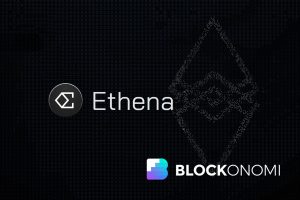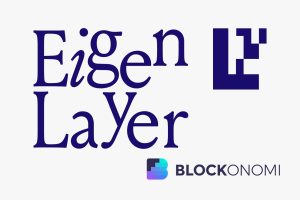Ethereum futures and options data reflect investors’ growing confidence in ETH price

[ad_1]
The price of Ether (ETH) rallied 16% between Jan. 14 and Jan. 21, peaking at $1,680 before facing a 5.4% rejection. Curiously, the same resistance level resulted in a substantial correction in late August 2022 and again in early November 2022.

From one side, traders are relieved that Ether is trading up 35.5% year-to-date, but the repeated corrections that follow retests of the $1,680 resistance may have weakened investors’ sentiment.
Negative newsflow might have limited Ether investors’ appetite after troubled cryptocurrency company Digital Currency Group (DCG) faced more legal issues this week. On Jan. 23, a group of Genesis Capital creditors filed a lawsuit alleging violations of federal securities laws. In addition, the plaintiffs allege the lending firm made false and misleading statements through a scheme to defraud potential and existing digital asset lenders.
Another new concerns for Ether holders came on Jan. 22 after, a “temperature check” proposal to deploy the Uniswap v3 protocol to BNB Chain received overwhelming support from the Uniswap community. 80% of Uniswap’s UNI governance token holders have voted to deploy the additional version of the decentralized exchange protocol.
On the bright side, Ethereum developers have created a testing environment for the upcoming Shanghai network upgrade. According to Ethereum developer Marius Van Der Wijden, the testnet appears to have been created to evaluate staking withdrawals, which are currently disabled on the mainnet. Over 14.5 million ETH (worth $23 billion) has been deposited into the Ethereum staking contract, and harsh criticism followed the multiple delays in enabling withdrawals.
Let’s look at Ether derivatives data to understand if the $1,680 price rejection has impacted crypto investors’ sentiment.
ETH futures finally enter the neutral area
Retail traders usually avoid quarterly futures due to their price difference from spot markets. Meanwhile, professional traders prefer these instruments because they prevent the fluctuation of funding rates in a perpetual futures contract.
The three-month futures annualized premium should trade between 4% to 8% in healthy markets to cover costs and associated risks. When the futures trade at a discount versus regular spot markets, it shows a lack of confidence from leverage buyers and this is a bearish indicator.

The above chart shows that derivatives traders are no longer bearish because the Ether futures premium reached the 4% threshold for neutral markets. So, bulls can celebrate that the indicator shifted to a modest premium, but that does not mean traders expect the immediate result of positive price action.
For this reason, traders should analyze Ether’s options markets to understand how whales and market makers are pricing the odds of future price movements.
Options traders are comfortable with downside risk
The 25% delta skew is a telling sign when market makers and arbitrage desks are overcharging for upside or downside protection.
In bear markets, options investors give higher odds for a price dump, causing the skew indicator to rise above 10%. On the other hand, bullish markets tend to drive the skew indicator below -10%, meaning the bearish put options are discounted.

Related: Why is crypto pumping? Watch The Market Report live
The delta skew has stabilized near 0% in the past week, signaling that Ether options traders are presenting a neutral sentiment. That is a stark contrast from the end of 2022 when the 25% skew index hovered near 18% — indicating a lack of comfort in taking downside risks.
Ultimately, both options and futures markets point to pro traders moving out of the neutral-to-bearish sentiment to a neutral positioning, meaning there is no discomfort after the rejection at $1,680 and subsequent correction.
Consequently, the odds favor Ether bulls because the negative newsflow could not prevent the 35.5% year-to-date gains and the demand for shorts using futures contracts remains thin.
The views, thoughts and opinions expressed here are the authors’ alone and do not necessarily reflect or represent the views and opinions of Cointelegraph.
This article does not contain investment advice or recommendations. Every investment and trading move involves risk, and readers should conduct their own research when making a decision.
[ad_2]
Source link










